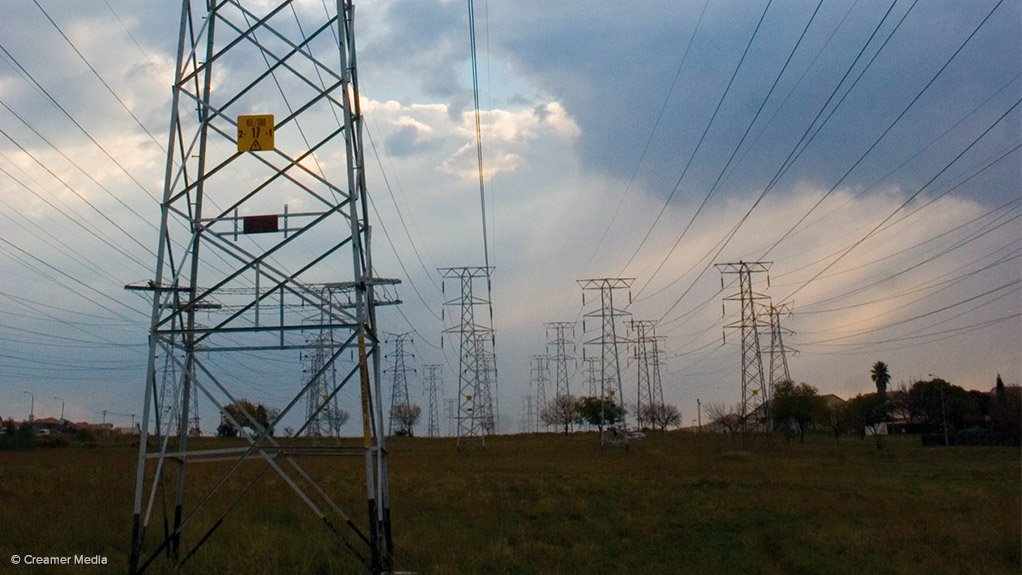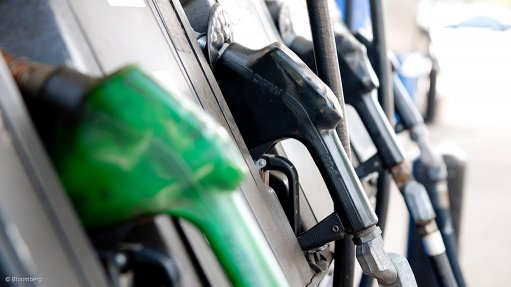South Africa urged to act with urgency to build a net-zero economy
South Africa needs to act now and transition to a low-carbon, climate-resilient and competitive economy to unlock new green opportunities and avoid the “massive” cost of inaction around climate change, a report recently published by the National Business Initiative (NBI), in partnership with Business Unity South Africa (Busa) and the Boston Consulting Group (BCG), has found.
The NBI-Busa-BCG Climate Pathways project last week published the ‘Financing South Africa’s Just Transition’ and ‘South Africa’s Net-Zero Transition’ reports.
The ‘South Africa’s Net-Zero Transition’ report states that, in a decarbonised world where trade partners act on their net-zero commitments, about 50% of South Africa’s export value, one-million direct jobs and 15% of gross domestic product could be at risk if current high carbon emissions are maintained.
However, the transition to a net-zero economy can provide a solution to the country’s inequality, poverty and unemployment.
The parties suggest that, first and foremost, the country deploy renewable energy at a ten times faster rate than it currently does, an unprecedented addition of between 6 GW and 7 GW a year, to decarbonise the power sector, and completely phase-out coal-fired power stations by the mid-2040s.
The parties point out that 30 GW of existing connection capacity could be used for renewables, most of which is based in Mpumalanga, if the grid is upgraded. An additional 30 GW of connection capacity needs to be built to achieve the overall 60 GW required by 2030.
The country’s optimal renewable sources are in coastal areas, which currently has limited grid connection.
NBI, Busa and BCG also recommend the rapid electrification of transport, with 700 000 electric vehicles (EVs) on the road by 2030 and the banning of conventional vehicle sales by 2035.
“Even with implementing ambitious actions South Africa will not meet the lower bounds of its internationally committed emission reduction targets. This pathway will result in a 20% reduction in carbon emissions compared with the 2017 baseline,” the authors say, adding that South Africa requires even more disruptive decarbonisation action across all sectors and starting as early as possible.
The partners believe South Africa will not be able to transition its economy without international support, in the form of financing, trade and risk mitigation of foreign currency fluctuations, skills development and technology.
“South Africa’s transition will require more than R6-trillion in investments by 2050, half of which is required by the power sector, However, the annualised investment rate required in power is R100 billion a year, compared to the current primary energy spend of R120-billion a year – the investment into
a renewable energy power system actually saves South Africa money in the long-term,” NBI explains.
Further, in the 2020s, 60% of South Africa’s mitigation investments can be primarily funded from commercial sources. Therefore, many of these investments are already commercially viable.
However, international development finance will be critical to fund ‘non-bankable’ investments, such as social and re-skilling costs, and cover the ‘economic gap’ in new green industries to crowd-in private sector investment – to subsidise green hydrogen costs and stimulate supply-side investments, for example.
South Africa’s net-zero transition will see a fundamental change in the economy – a rapid shift from being the second-most carbon intensive economy in the world to a new green, net carbon-neutral economy within three decades.
NbI reports new green industries such as EV manufacturing, green hydrogen-based industries, and green minerals, among others, can drive job creation, with a renewables-based power system creating about 2.4 million net cumulative job years by 2050 alone.
However, displaced workers cannot simply be ‘absorbed’ by these new jobs due to a difference in skill requirements. Moreover, these new green industries, set against the backdrop of increasing digitisation and automation as well as the need for higher wages to enable individual South Africans to afford the cost of the transition, including the four times higher cost of a sustainable diet, will require a more highly skilled workforce.
The entities argue that the sum of individual actions, even bold ones, will not be enough to meet South Africa’s carbon emission challenges, rather, the country needs a collaborative and coordinated approach that engages all spheres of society to successfully decarbonise and ensure a just transition by 2050.
Comments
Press Office
Announcements
What's On
Subscribe to improve your user experience...
Option 1 (equivalent of R125 a month):
Receive a weekly copy of Creamer Media's Engineering News & Mining Weekly magazine
(print copy for those in South Africa and e-magazine for those outside of South Africa)
Receive daily email newsletters
Access to full search results
Access archive of magazine back copies
Access to Projects in Progress
Access to ONE Research Report of your choice in PDF format
Option 2 (equivalent of R375 a month):
All benefits from Option 1
PLUS
Access to Creamer Media's Research Channel Africa for ALL Research Reports, in PDF format, on various industrial and mining sectors
including Electricity; Water; Energy Transition; Hydrogen; Roads, Rail and Ports; Coal; Gold; Platinum; Battery Metals; etc.
Already a subscriber?
Forgotten your password?
Receive weekly copy of Creamer Media's Engineering News & Mining Weekly magazine (print copy for those in South Africa and e-magazine for those outside of South Africa)
➕
Recieve daily email newsletters
➕
Access to full search results
➕
Access archive of magazine back copies
➕
Access to Projects in Progress
➕
Access to ONE Research Report of your choice in PDF format
RESEARCH CHANNEL AFRICA
R4500 (equivalent of R375 a month)
SUBSCRIBEAll benefits from Option 1
➕
Access to Creamer Media's Research Channel Africa for ALL Research Reports on various industrial and mining sectors, in PDF format, including on:
Electricity
➕
Water
➕
Energy Transition
➕
Hydrogen
➕
Roads, Rail and Ports
➕
Coal
➕
Gold
➕
Platinum
➕
Battery Metals
➕
etc.
Receive all benefits from Option 1 or Option 2 delivered to numerous people at your company
➕
Multiple User names and Passwords for simultaneous log-ins
➕
Intranet integration access to all in your organisation




















